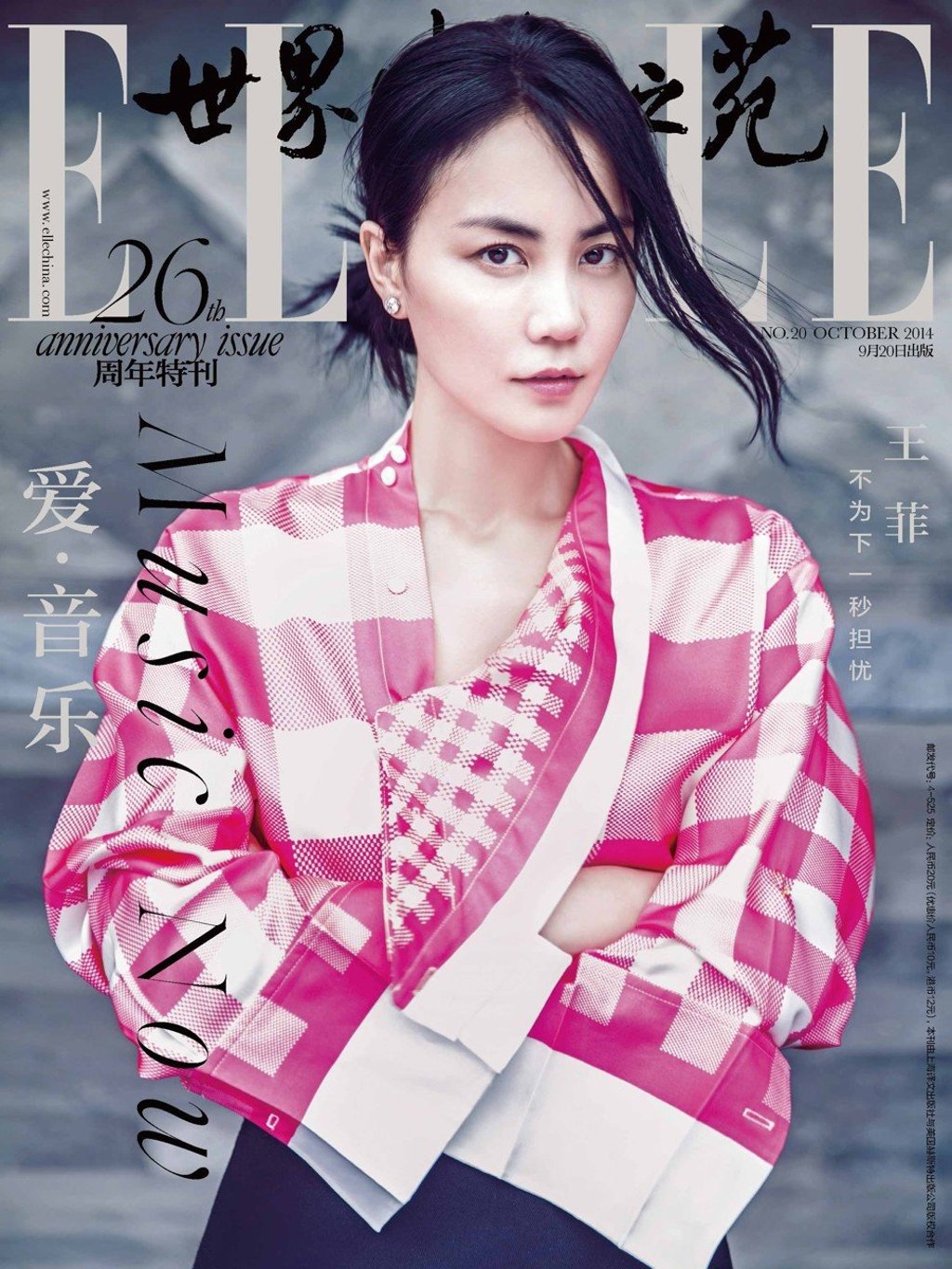Chen Man, Chinese photographer, on the three stages of her career, and growing up in Beijing
- In this 2012 interview, the woman many call China's Annie Leibovitz explains why she became an artist
- She wanted to realise the dreams her parents lost during the Cultural Revolution, and passed to her instead.

I was born in Mongolia. My parents went there because of the Cultural Revolution. When I was [a year old], we moved to Beijing and that's where I grew up, in a typical hutong near Tiananmen Square. Everyone was simple. Every family had one bicycle. It was the most important thing, the bicycle. Nobody had a watch.
When we were kids we would paint a watch on our wrists for fun. But when China started opening up, products and ideas began coming in from other countries.
My earliest memories about photography are probably the same as most Chinese of my generation: we took photos at Tiananmen Square. These are important photos. The necklace I'm wearing at the moment features Tiananmen Square. I designed [the necklace] and found some guys in Guangzhou to make it.
I decided to study art because I belong to the generation that came after the Cultural Revolution. My parents lost their dreams and their jobs, so they gave their dreams to the next generation. I started painting and singing when I was two years old. They discovered I was visually talented, so I continued painting. I then turned to graphic design and started researching architecture.
To be a painter, you shouldn't spend a lot of time learning from a teacher. You should paint by yourself at home and find your own style. I had been studying painting from the age of two so when I went to college, I chose another major. I've always been interested in people, in human beings, in their faces and their shapes. I wanted a career that would allow me to interact with people, so I chose photography. In art school, there was so much freedom. I had a boyfriend and I was a housewife, cooking for him.

I did my first professional photographs for Vision magazine in 2003 and 2004. I did a lot of post-production work on the pictures and people were shocked. They didn't think I was a photographer, but artists didn't see me as an artist [either] because I was shooting for a fashion magazine. Even today, very traditional Chinese don't see me as a photographer – they really don't like the retouching. But I just think they cannot find the words to describe my particular visual style. Still, my blog has been read 10 million times; I have a lot of fans who are young photographers.
